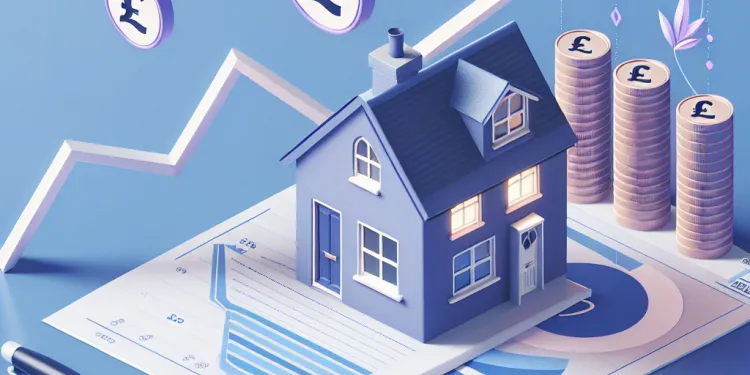
Find Help
More Items From Ergsy search
-

How do interest rate changes affect my mortgage payments?
Relevance: 100%
-
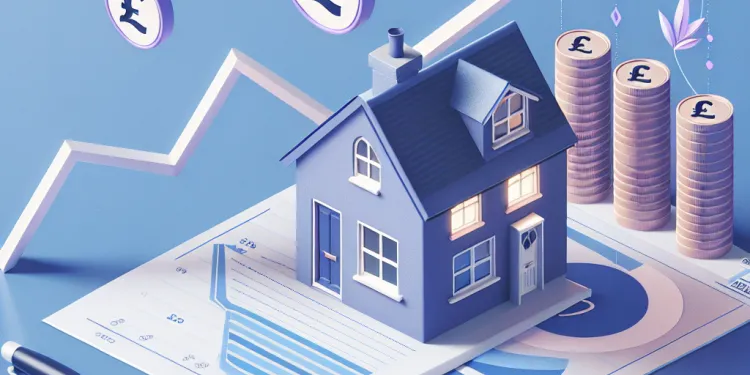
What should I do if I can't afford my mortgage payments due to rising interest rates?
Relevance: 99%
-

What happens to my monthly payments if interest rates rise?
Relevance: 99%
-

Will my fixed-rate mortgage payments change with interest rate fluctuations?
Relevance: 92%
-
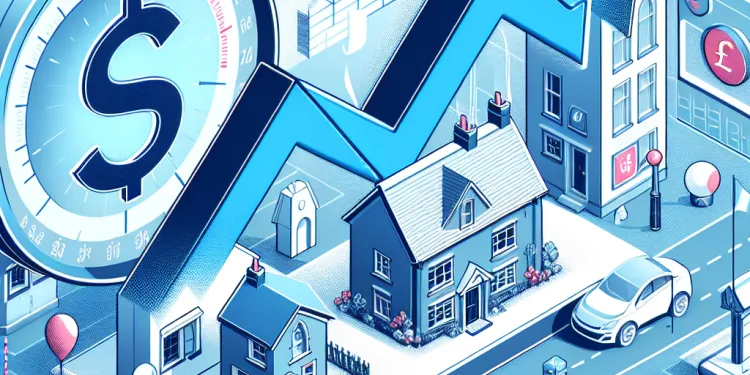
What is a tracker mortgage and how does it respond to interest rate changes?
Relevance: 81%
-
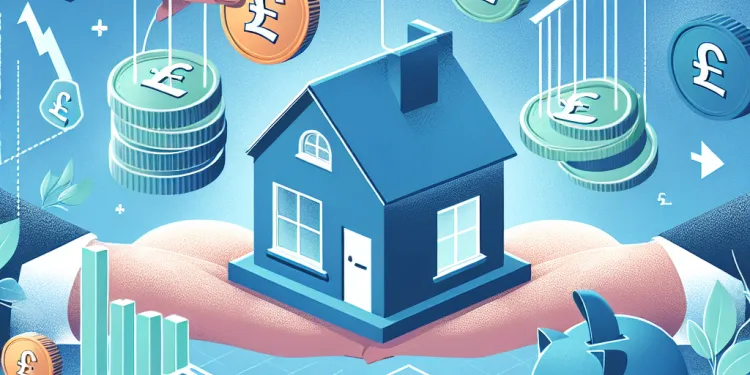
Is it possible to switch my mortgage type if interest rates become unfavourable?
Relevance: 80%
-

How can I protect myself from rising interest rates?
Relevance: 78%
-

Why do interest rates rise and fall?
Relevance: 71%
-

What is an 'interest only' mortgage?
Relevance: 68%
-
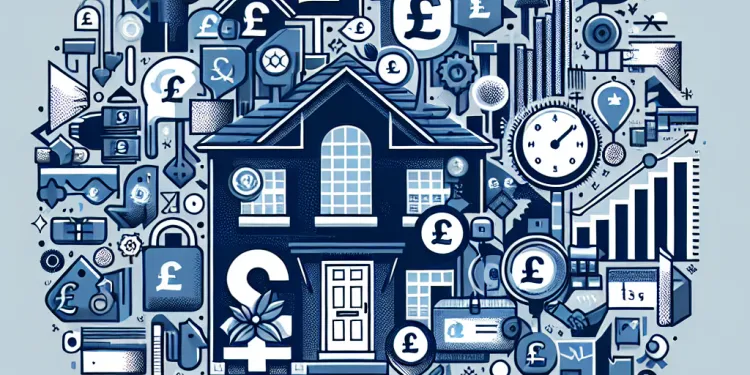
Are first-time buyers affected differently by interest rate changes?
Relevance: 68%
-
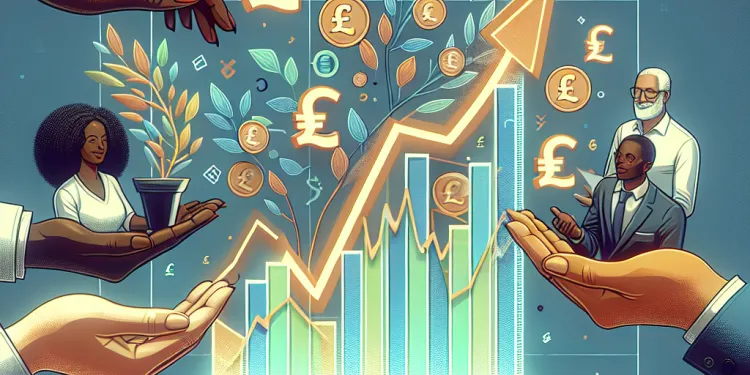
Major Banks Announce Changes in Interest Rates: Are You Affected?
Relevance: 66%
-
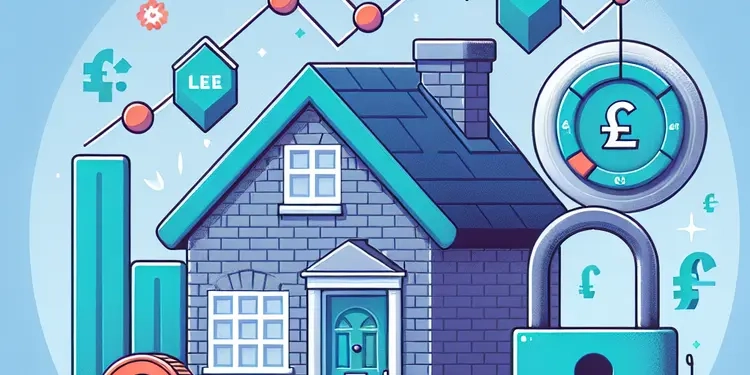
What does it mean to "Fix My Mortgage Rate"?
Relevance: 64%
-
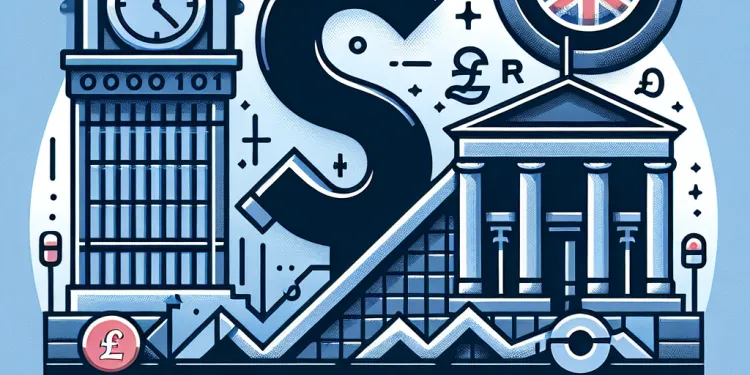
What is an SVR and how does it relate to interest rate changes?
Relevance: 60%
-
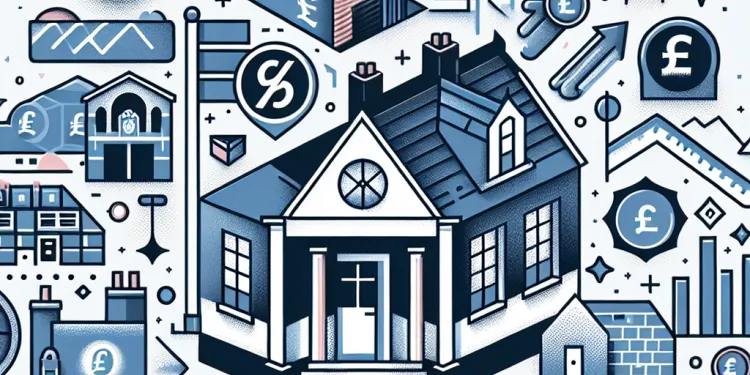
Can my lender change my interest rate without notification?
Relevance: 55%
-
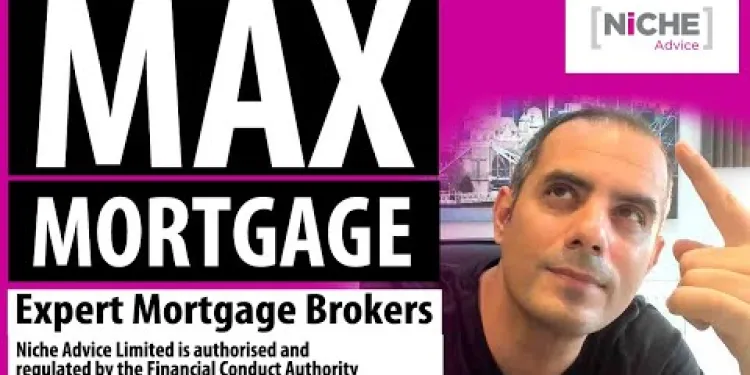
How much can I borrow for a mortgage UK - getting the Maximum Mortgage
Relevance: 53%
-
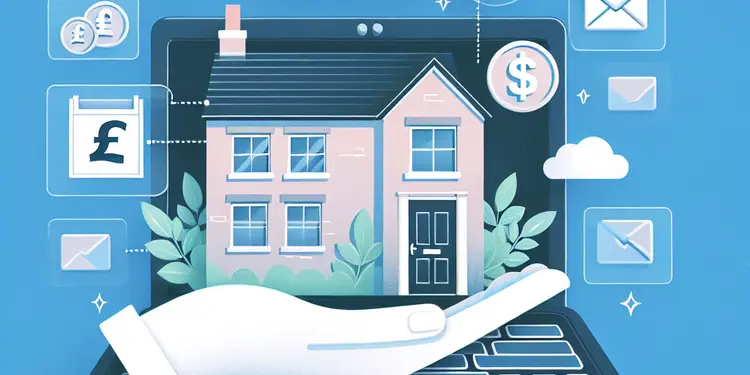
Is there assistance available for rent or mortgage payments?
Relevance: 52%
-

The Ultimate Buy-To-Let Mortgage Breakdown
Relevance: 49%
-

How does interest rate affect my car finance agreement?
Relevance: 49%
-
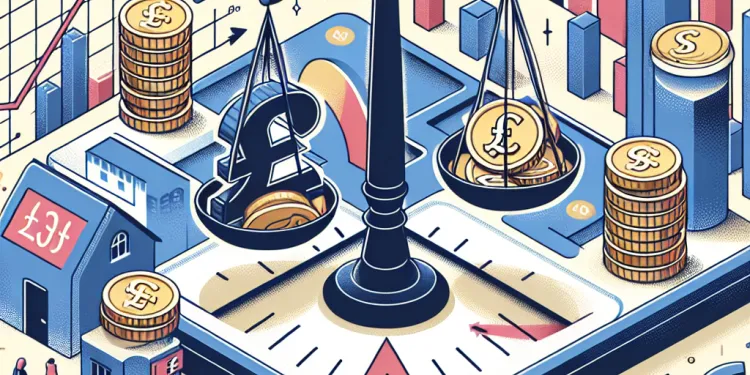
How do economic conditions influence interest rate changes?
Relevance: 49%
-

How do better interest rates help me save money?
Relevance: 48%
-

Can interest rates on student loans be reduced?
Relevance: 46%
-
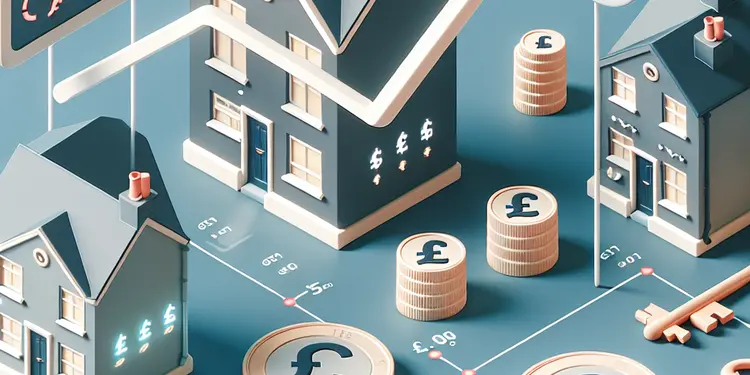
Rising Property Prices Fuel Concerns Over First-Time Buyer Accessibility
Relevance: 46%
-
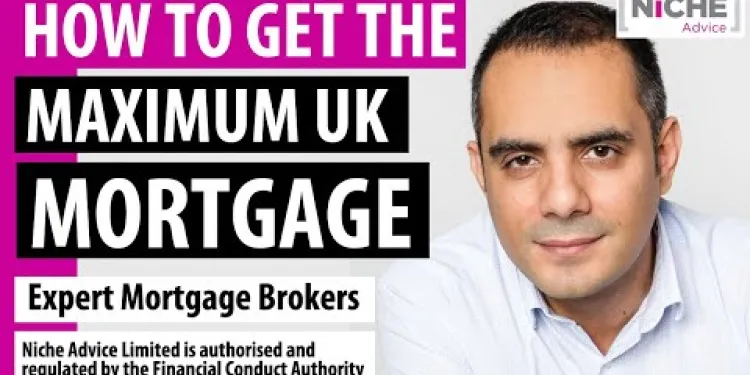
Getting the maximum mortgage in the UK
Relevance: 46%
-
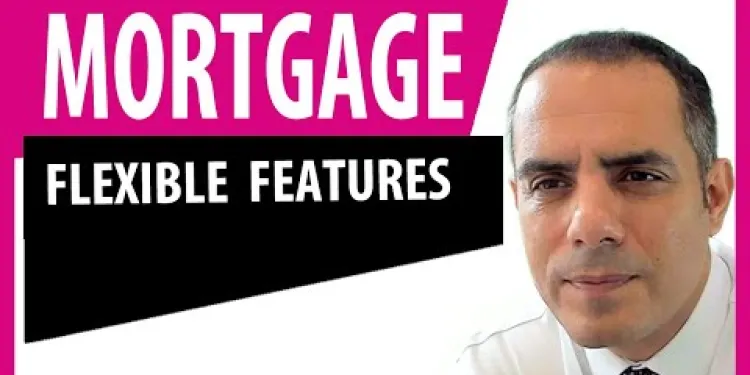
Mortgage Overpayment and Flexible Features Explained
Relevance: 46%
-
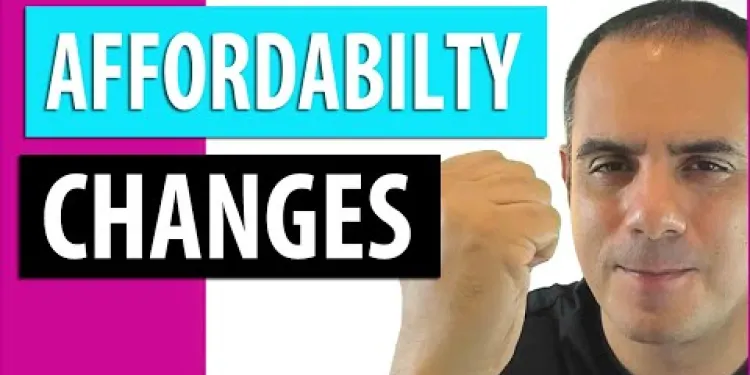
Mortgage Regulator removes the need for further affordability stress tests
Relevance: 45%
-

How do better interest rates help me save money?
Relevance: 44%
-
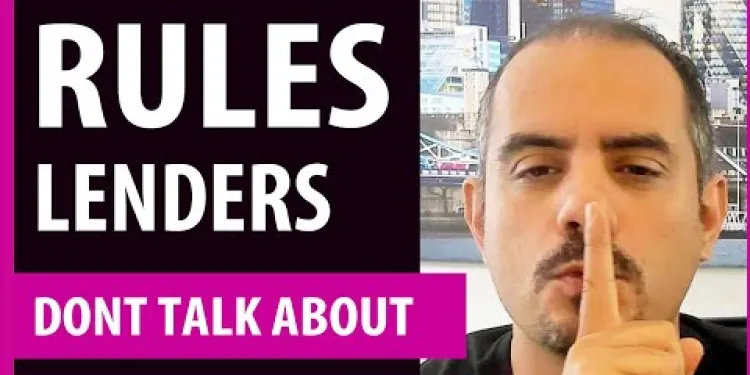
UK Mortgage Rules Lenders Don't Talk About - Debt To Income Ratio
Relevance: 42%
-
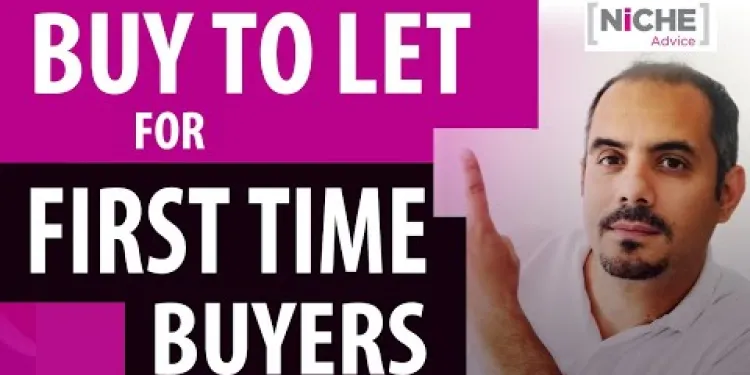
First Time Buyer Buy to Let Finance Options. Lending Criteria on Mortgage and Bridging Finance
Relevance: 42%
-
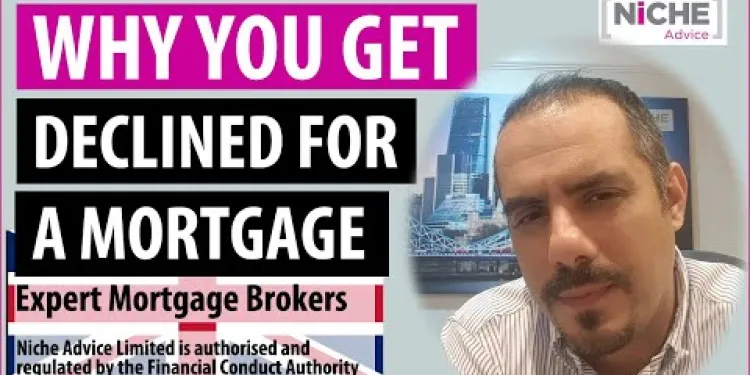
Mortgage Turned Down In The UK - Why mortgage applications are declined
Relevance: 42%
-
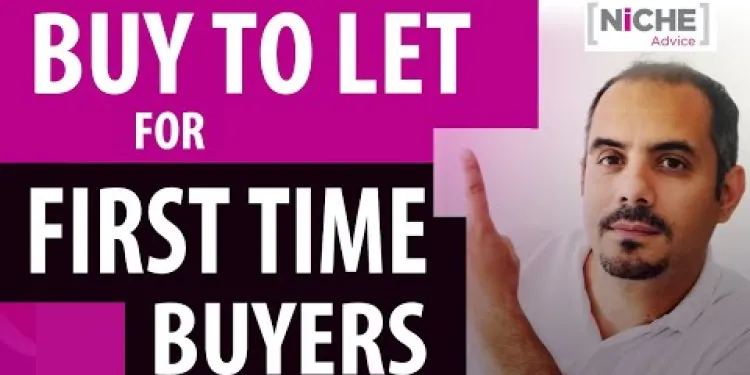
First Time Buyer Buy to Let Finance Options. Lending Criteria on Mortgage and Bridging Finance
Relevance: 41%
-
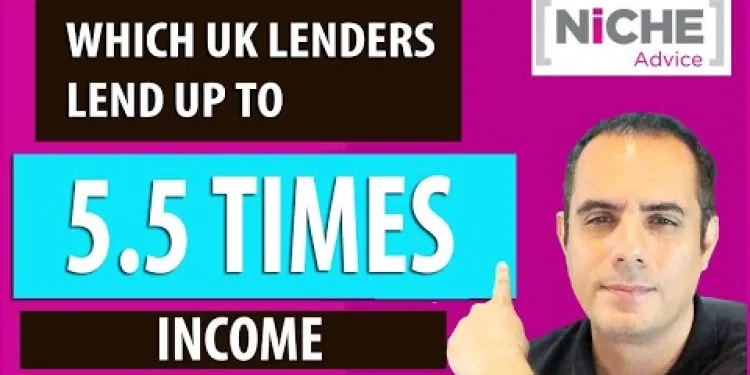
Highest Income Multiple Mortgage Lenders Revealed - Good and Bad Points
Relevance: 41%
-
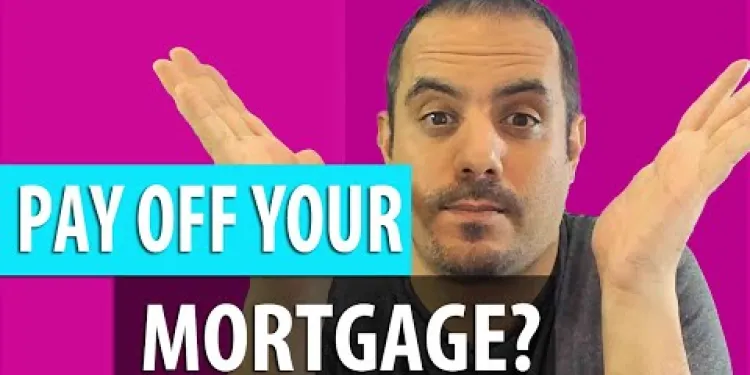
Should you Pay down your Residential Mortgage?
Relevance: 38%
-

Uk Buy to Let for Older Clients - Mortgage Options Tips and Criteria
Relevance: 38%
-
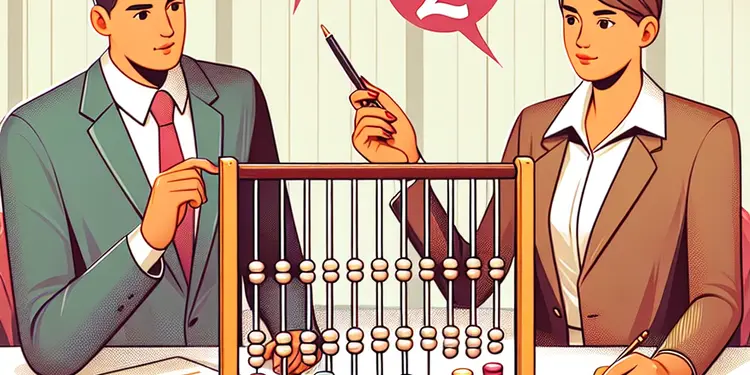
Is there any interest charged on a Time to Pay arrangement?
Relevance: 38%
-

HMO Mortgage Truths - how to get the best Finance option including Bridging Loan Criteria
Relevance: 38%
-
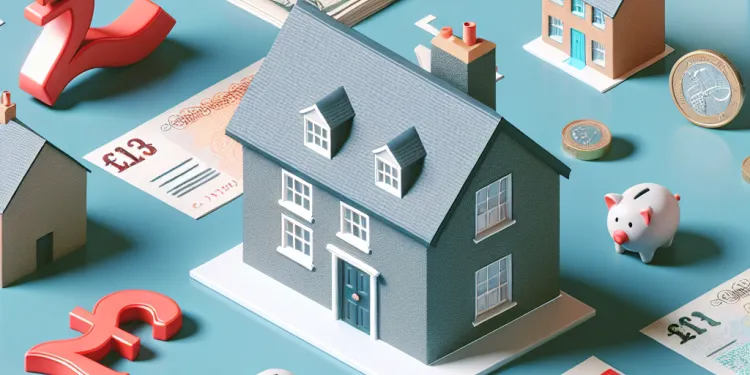
Can Stamp Duty be included in a mortgage in the UK?
Relevance: 36%
-
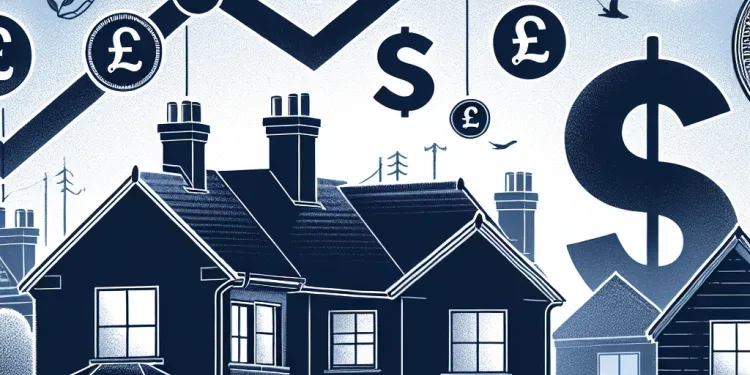
How do interest rate changes affect my mortgage balance?
Relevance: 36%
-
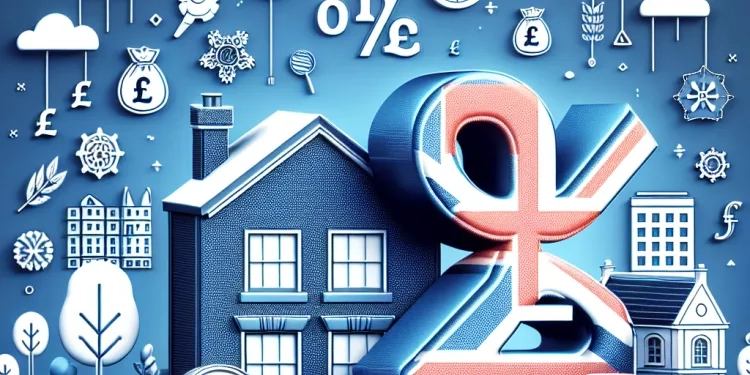
If I overpay on my mortgage, how will interest rate changes affect this?
Relevance: 36%
-

Mortgage on Inherited Property - How we can help you with the finance
Relevance: 36%
-
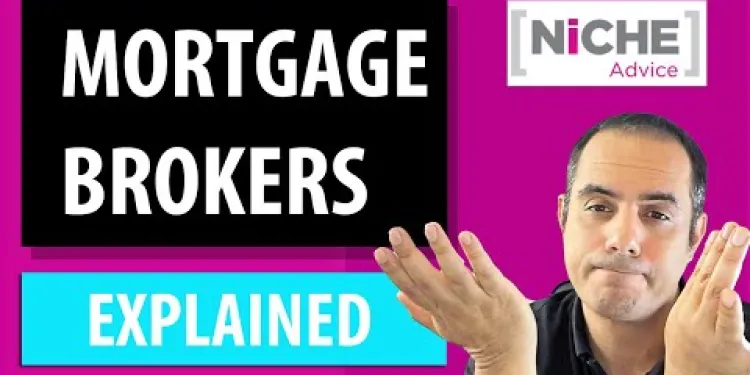
Selecting a Mortgage Broker - how they differ and what to watch out for
Relevance: 35%
Understanding the Situation
If you find yourself unable to afford your mortgage payments due to rising interest rates, it's important to know you're not alone. Many homeowners across the UK face similar challenges when interest rates increase, affecting their monthly repayments. Understanding your situation and the available options can help you make informed decisions to manage your finances effectively.
Review Your Mortgage Terms
Start by reviewing your mortgage terms to understand how interest rates impact your payments. If you have a variable rate mortgage, your payments are directly affected by changes in interest rates. Knowing the specifics of your terms will inform your next steps, whether it's negotiating with your lender or considering refinancing options.
Contact Your Lender
The first proactive step you should take is to contact your mortgage lender. Lenders are typically willing to discuss potential solutions before a situation escalates. They may offer temporary payment arrangements, such as extending the term of your mortgage to reduce monthly payments or switching to an interest-only mortgage for a limited period.
Explore Refinancing Options
Refinancing your mortgage might be a viable solution. This entails switching to a different mortgage deal, potentially with a new lender or a different product with your current provider. You might find a deal with a lower interest rate that aligns better with your financial situation. However, be aware of any exit fees or new arrangement fees that could apply.
Consider a Mortgage Payment Holiday
Some lenders offer mortgage payment holidays, which give you a temporary break from payments. While this can provide short-term relief, it's important to understand that interest will continue to accrue, potentially increasing your total debt in the long run. Always discuss this option thoroughly with your lender to understand the implications.
Seek Professional Advice
If you're struggling to navigate your options, consider seeking advice from a financial advisor or a free service like Citizens Advice or StepChange Debt Charity. They can provide tailored advice to help you manage your debts and mortgages effectively.
Assess Your Budget
Take a detailed look at your current budget to identify areas where you can cut back on expenses. Prioritizing your mortgage payment above non-essential spending can help you manage your finances during this time of increased financial pressure.
Explore Government Assistance
Check whether you are eligible for any government support. The UK government occasionally offers assistance schemes for homeowners struggling with their mortgage payments, such as Support for Mortgage Interest (SMI), which could help with the interest payments of your loan.
Conclusion
Facing difficulties with mortgage payments due to rising interest rates can be stressful, but taking proactive steps can significantly ease the burden. Review your options, seek advice, and communicate with your lender to find a sustainable financial solution.
Understanding the Situation
If you can’t pay your mortgage because interest rates are going up, you are not alone. Many people in the UK have the same problem when interest rates rise, which makes their monthly payments higher. Knowing your situation and what you can do can help you make smart choices to manage your money.
Review Your Mortgage Terms
Look at the details of your mortgage to see how interest rates affect your payments. If your mortgage rate can change, your payments will go up or down with the interest rate. Knowing these details can help you decide what to do next, like talking to your lender or looking at other mortgage options.
Contact Your Lender
The first thing to do is call your mortgage lender. Lenders usually want to help before things get worse. They might let you pay less for a while, like by making the mortgage last longer to lower payments, or switching to payments that are just the interest for a short time.
Explore Refinancing Options
Changing your mortgage deal might help. This means getting a new deal, maybe with a new bank. You might find a better deal with a lower interest rate that suits you better. But be careful about any fees for leaving your old mortgage or starting a new one.
Consider a Mortgage Payment Holiday
Some lenders let you take a break from paying your mortgage for a while. This can help for a short time, but remember, interest will still add up and might make your debt bigger. Talk with your lender to understand how this will affect you.
Seek Professional Advice
If you find it hard to choose what to do, talk to a money expert. You can get help from places like Citizens Advice or StepChange Debt Charity. They can give you advice that fits your situation to help you handle debts and mortgage payments.
Assess Your Budget
Look closely at your budget to see where you can save money. Try to pay your mortgage first before spending on things you don’t really need. This can help you manage your money when things are tight.
Explore Government Assistance
See if you can get help from the government. Sometimes there are programs for people struggling to pay their mortgage, like Support for Mortgage Interest (SMI), which helps with interest payments on your loan.
Conclusion
Worrying about mortgage payments because of higher interest rates is tough, but taking action can make things easier. Look at your options, get advice, and talk to your lender to find a way to manage your finances better.
Frequently Asked Questions
What should I do immediately if I can't afford my mortgage payments due to rising interest rates?
Contact your lender as soon as possible to discuss your situation. They may offer options like a loan modification or a temporary forbearance.
Is refinancing an option if interest rates are high?
Refinancing may not be ideal with high rates, but it's worth checking if you can switch to a fixed rate if you're on a variable rate, or to extend the loan term to lower monthly payments.
Can budgeting help if I'm struggling to make mortgage payments?
Yes, reevaluating your budget to cut unnecessary expenses could free up funds for mortgage payments.
What is forbearance and how can it help?
Forbearance is an agreement with your lender to temporarily reduce or pause payments. It doesn't eliminate what you owe but gives you time to improve your financial situation.
Should I consider selling my home if I can't afford the mortgage?
If you can't afford the payments and no other options work, selling might prevent foreclosure and protect your credit score.
What is a loan modification?
A loan modification alters the terms of your loan, like the interest rate or term length, to make payments more affordable.
Can I rent out my property to help cover mortgage payments?
Renting out part of or your entire property can help with payments, but check with your lender and local laws first.
How can a HUD-approved housing counselor help?
Housing counselors can provide free advice on budgeting, negotiating with lenders, and exploring foreclosure alternatives.
Can I apply for government assistance programs?
Certain government programs exist to help struggling homeowners. Check with HUD or local housing agencies for options.
Is declaring bankruptcy a viable option?
Bankruptcy can stop foreclosure temporarily but impacts your credit severely. Consult a bankruptcy attorney for advice.
What is the difference between foreclosure and short sale?
Foreclosure is when the lender takes possession due to non-payment. A short sale involves selling the home for less than owed to avoid foreclosure.
How can a financial advisor provide assistance?
A financial advisor can help assess your overall financial situation, explore options, and create a plan to manage debt and payments.
What are the consequences of missing mortgage payments?
Missing payments can lead to late fees, damage to your credit score, and eventually foreclosure if unresolved.
Can switching mortgage types help manage payments?
Switching from a variable to a fixed-rate mortgage can stabilize payments, though may not lower them if rates are higher.
What happens if my home goes into foreclosure?
The lender will take legal ownership of your property, sell it to recover losses, and your credit score will drop significantly.
Should I negotiate directly with my lender?
Yes, lenders often prefer to work with you to find a solution rather than pursue foreclosure, as it is costly for them too.
Can credit counseling assist with mortgage issues?
Credit counseling can help you understand your financial situation better, manage debt, and communicate with your lender.
What is a deed in lieu of foreclosure?
A deed in lieu of foreclosure is when you voluntarily transfer the title of your property to the lender to avoid foreclosure proceedings.
How do rising interest rates affect my mortgage payments?
If you have a variable-rate mortgage, your payments will increase as interest rates rise due to the higher interest charged.
What is an interest-only mortgage and how is it affected by rising rates?
Interest-only mortgages mean you initially pay only interest. Rising rates increase those payments, making them less affordable over time.
What can I do right away if I can't pay my home loan because costs went up?
If you can't pay your home loan, here are some steps to help:
- Call your bank: Talk to them about your money problem.
- Make a budget: Write down what money you get and spend to see where you can save.
- Ask for help: Find groups that can give advice on money.
- Talk to family: Share your problem and see if they can help.
These steps might help you manage your money better and find solutions.
Talk to the person you pay money to for your loan. Do this quickly so they can help you. They might let you change your loan or take a break from paying for a little while.
Can I change my loan if interest rates are high?
Do you have a loan? You might want to change it if interest rates are high.
Here are some things you can do:
- Talk to a bank worker. They can explain things in a simple way.
- Use a calculator online. It helps you see if changing your loan saves money.
- Ask a grown-up or friend to help you understand.
If the interest rates are high, it might not be a good time to refinance your loan. But you should think about two things:
1. If your loan rate can change, see if you can change it to a rate that stays the same.
2. You might be able to make your loan last longer. This can make the amount you pay each month smaller.
Can making a budget help me pay my home loan?
If you are having a hard time paying for your home, making a budget might help. A budget is a plan for your money. It helps you see where your money goes and find ways to save.
Here are some easy steps:
- Write down how much money you get each month.
- Write down what you spend money on each month.
- See if you can spend less on some things.
- Try to save more money to pay for your home.
You can use tools to help, like a simple notebook, a calculator, or a phone app. A friend or a money helper can also show you what to do.
Yes, looking at your budget again can help you save money. You can stop spending on things you don't need. This can give you more money to pay for your house.
What is Forbearance and How Can It Help?
Forbearance is when you have extra time to pay back money you owe. This can happen if you have trouble paying your bills.
How can it help?
- Gives you more time to pay
- Stops more charges for late payments for a while
- Makes things less stressful
Here are some tools and tips that might help:
- Ask someone you trust to explain things
- Use a calendar to plan when you will pay
- Talk to the people you owe money to and make a new plan
Forbearance is a special plan with your lender. It lets you make smaller payments or stop payments for a while. You still need to pay the money later, but it helps you when money is tight.
Helpful Tips:
- Ask someone you trust to explain things if you are confused.
- Try using pictures or drawings to help understand better.
- Break big ideas into smaller parts to make them easier.
Should I sell my house if I can't pay the mortgage?
If you are finding it hard to pay for your house, you might need to think about selling it. Here are some things to do:
- Talk to someone you trust for advice.
- Make a list of your money coming in and going out.
- Think about if selling makes things easier for you.
You can use a calculator to help you see how much money you need or talk to a money helper for more support.
If you can't pay and nothing else helps, selling your house can stop the bank from taking it. This can also keep your credit score safe.
What is a loan change?
A loan change is when you ask the bank to change how you pay back money you borrowed. This can help make your payments smaller or easier.
Here is how it can help:
- You might pay less each month.
- You could pay for a longer time.
- The rules for paying back can change to help you.
If you think you need a loan change, talk to someone you trust, like a family member, a friend, or a money helper. They can help you decide what to do.
A loan modification changes the rules of your loan. It can change things like how much interest you pay or how long you have to pay it back. This helps make payments easier for you.
Can I rent my home to help pay my mortgage?
Yes, you can rent your home to get money to help pay your mortgage. This means letting someone else live in your home, and they pay you money every month.
Here are some tips to help you:
- Make sure you tell your bank you are renting your home. They might want to know.
- Check if you need any special permission from your neighborhood or local rules.
- Use simple agreements to set the rules for the person living in your home. This can avoid problems later.
- Use a calendar to keep track of rent payments.
Letting someone stay in part or all of your home can help you pay bills. But, talk to your bank and check local rules first.
How can a HUD-approved housing counselor help?
A HUD-approved housing counselor is someone who helps people with homes. They work with a group called HUD that helps with housing.
Here is how they can help you:
- They can teach you how to save money for your home.
- They can help you if you are having trouble paying for your home.
- They can tell you about programs that can help you pay for your home.
- They listen to your problems and give advice.
If you find reading hard, try these tips:
- Ask a friend or family member to read with you.
- Use text-to-speech tools to have the text read out loud.
- Break it into small parts and read a bit at a time.
Housing helpers can give free advice. They can help you make a money plan, talk to banks, and find other options besides losing your house.
Can I get help from the government?
There are programs by the government to help people who have trouble paying for their homes. You can ask HUD or local housing groups for help.
Is it a good idea to say you can't pay your debts?
Sometimes, people can't pay back the money they owe. They might choose to officially say this, which is called "bankruptcy." But is this a good idea?
Here are some important things to know:
- Bankruptcy can help you start fresh, but it also has big impacts on your future.
- Your credit score, which shows how good you are at paying money back, will go down.
- You might find it harder to borrow money or get loans later.
- Some things you own might have to be sold to pay your debts.
If you're thinking about bankruptcy, here are some tools that might help:
- Talk to a money expert who can give you advice.
- Use online tools to learn more about managing money.
- Think about other ways to solve money problems first.
Remember, it's important to make a decision that's right for you.
Bankruptcy can help stop your house from being taken away for a little while. But, it can make your credit score drop a lot. Talk to a lawyer who knows about bankruptcy for help.
How are foreclosure and short sale different?
Sometimes, people can't pay for their homes. Two things might happen:
- Foreclosure: The bank takes the house away. The person has to leave.
- Short sale: The person sells the house for less money than they owe the bank. The bank lets them do this.
Both mean the person loses their house, but they happen in different ways.
If you find this hard to read, you can ask someone to help or use a screen reader.
Foreclosure is when the bank takes your home because you didn't pay. A short sale is when you sell your home for less money than you owe to stop foreclosure from happening.
How can a money helper help you?
A money helper can give you advice on how to use and save your money. They can make plans to help you reach your money goals.
Here are some ways a money helper can help:
- They can help you make a budget to manage your money.
- They can tell you about safe ways to save your money.
- They can help you plan for the future, like saving for school or a house.
- They can explain how to pay off money you owe, like loans.
If you find reading hard, you can ask someone to read with you. Or you can use apps that read words out loud.
A money helper can look at how much money you have, talk about choices, and make a plan to help you pay off what you owe.
What happens if you don't pay your house bill on time?
If you miss a payment for your house, here is what can happen:
- You might get a letter from the bank or company asking for the money.
- You could have to pay extra money because of the late payment.
- If you keep missing payments, you could lose your house.
Try using a calendar or setting reminders to help you remember when to pay. You can also ask someone you trust for help.
Not paying your bills can cause problems. You might have to pay extra money because of late fees. It can also make your credit score go down. If you don't fix the problem, you could lose your house.
Can changing your mortgage help with payments?
Switching your mortgage means changing the way you pay for your house. This can sometimes make it easier to pay. You might pay less money each month.
Here are some ideas to help:
- Ask someone you trust to help you learn about mortgages.
- Use pictures or charts to understand better.
- Take your time to think about what is best for you.
Changing from a variable-rate mortgage to a fixed-rate mortgage can make your payments steady. But, it might not make them cheaper if interest rates are high.
What Happens if I Lose My Home Because I Can't Pay?
If you can't pay for your home, you might lose it. This is called foreclosure.
Here’s what can happen:
- The bank will tell you that you haven't paid.
- You'll get letters asking for the money you owe.
- If you still can't pay, the bank might take your home.
If you're worried about losing your home, here are some things you can do:
- Talk to someone who can help, like a money advisor.
- See if you can change the way you pay.
- Ask a friend or family member for help.
- Look online for help, like videos or websites that explain things simply.
The bank will take your home. They will sell it to get their money back. Your credit score will go down a lot.
Should I Talk to My Lender Myself?
If you have a loan, you might want to talk to the lender. The lender is the person or company that gave you the money.
Here are some questions to think about:
- Do I understand what I need to say?
- Do I feel okay talking about money?
If you are unsure, it's okay to ask for help. You can:
- Talk to a family member or friend.
- Use a calculator to know your numbers.
- Write down what you want to say before you call.
It's good to be ready and have support if you need it.
Banks and lenders want to help you keep your home. It costs them a lot to take your home away. So, they try to find a way to help you.
- Talk to your bank if you have money problems.
- You can work together to find a plan that works for you.
Support tools:
- Ask someone you trust to help explain things.
- Use a calculator to understand the numbers better.
Can credit counseling help with home loan problems?
Credit counseling means talking to someone about money. They can help if you have trouble paying your home loan.
If you are worried about paying for your home, a credit counselor can give you advice. They can help you make a plan to pay what you owe.
Tools like a calculator can help you understand money better. Drawing or using blocks can also help you see costs and payments clearly.
Credit counseling can help you know more about your money, handle your debts, and talk to the people you owe money to.
What is a deed in lieu of foreclosure?
A "deed in lieu of foreclosure" is when you give your house back to the bank instead of losing it through a process called foreclosure.
Here's how it works: If you cannot pay the bank for your house, you might agree to give the house to the bank. This way, you won't have to go through foreclosure, which can be stressful and take a long time.
Here are some things to help you understand better:
- A picture of a house can help show this idea.
- You can ask someone you trust to explain this to you.
- You can use a dictionary to look up hard words.
A deed in lieu of foreclosure is when you give your house back to the bank, so they don't have to take it away from you. This helps you avoid the trouble of them taking it by force.
What happens to my loan payments if interest rates go up?
If you have a mortgage where your payments can change, you will pay more money if interest rates go up because the cost to borrow the money is higher.
What is an interest-only mortgage and how do rising rates affect it?
An interest-only mortgage is a loan where you only pay the interest at first. This means your payments are smaller to start with.
Later, you have to pay back the full loan amount. Rising rates can make your payments bigger because you pay more interest.
To help understand, you can use a calculator or talk to a bank person.
An interest-only mortgage is where you only pay the interest at the start. If interest rates go up, your payments will be bigger, and it might be hard to pay.
Useful Links
This website offers general information and is not a substitute for professional advice.
Always seek guidance from qualified professionals.
If you have any medical concerns or need urgent help, contact a healthcare professional or emergency services immediately.
Some of this content was generated with AI assistance. We’ve done our best to keep it accurate, helpful, and human-friendly.
- Ergsy carfully checks the information in the videos we provide here.
- Videos shown by Youtube after a video has completed, have NOT been reviewed by ERGSY.
- To view, click the arrow in centre of video.
- Most of the videos you find here will have subtitles and/or closed captions available.
- You may need to turn these on, and choose your preferred language.
- Go to the video you'd like to watch.
- If closed captions (CC) are available, settings will be visible on the bottom right of the video player.
- To turn on Captions, click settings .
- To turn off Captions, click settings again.
More Items From Ergsy search
-

How do interest rate changes affect my mortgage payments?
Relevance: 100%
-

What should I do if I can't afford my mortgage payments due to rising interest rates?
Relevance: 99%
-

What happens to my monthly payments if interest rates rise?
Relevance: 99%
-

Will my fixed-rate mortgage payments change with interest rate fluctuations?
Relevance: 92%
-

What is a tracker mortgage and how does it respond to interest rate changes?
Relevance: 81%
-

Is it possible to switch my mortgage type if interest rates become unfavourable?
Relevance: 80%
-

How can I protect myself from rising interest rates?
Relevance: 78%
-

Why do interest rates rise and fall?
Relevance: 71%
-

What is an 'interest only' mortgage?
Relevance: 68%
-

Are first-time buyers affected differently by interest rate changes?
Relevance: 68%
-

Major Banks Announce Changes in Interest Rates: Are You Affected?
Relevance: 66%
-

What does it mean to "Fix My Mortgage Rate"?
Relevance: 64%
-

What is an SVR and how does it relate to interest rate changes?
Relevance: 60%
-

Can my lender change my interest rate without notification?
Relevance: 55%
-

How much can I borrow for a mortgage UK - getting the Maximum Mortgage
Relevance: 53%
-

Is there assistance available for rent or mortgage payments?
Relevance: 52%
-

The Ultimate Buy-To-Let Mortgage Breakdown
Relevance: 49%
-

How does interest rate affect my car finance agreement?
Relevance: 49%
-

How do economic conditions influence interest rate changes?
Relevance: 49%
-

How do better interest rates help me save money?
Relevance: 48%
-

Can interest rates on student loans be reduced?
Relevance: 46%
-

Rising Property Prices Fuel Concerns Over First-Time Buyer Accessibility
Relevance: 46%
-

Getting the maximum mortgage in the UK
Relevance: 46%
-

Mortgage Overpayment and Flexible Features Explained
Relevance: 46%
-

Mortgage Regulator removes the need for further affordability stress tests
Relevance: 45%
-

How do better interest rates help me save money?
Relevance: 44%
-

UK Mortgage Rules Lenders Don't Talk About - Debt To Income Ratio
Relevance: 42%
-

First Time Buyer Buy to Let Finance Options. Lending Criteria on Mortgage and Bridging Finance
Relevance: 42%
-

Mortgage Turned Down In The UK - Why mortgage applications are declined
Relevance: 42%
-

First Time Buyer Buy to Let Finance Options. Lending Criteria on Mortgage and Bridging Finance
Relevance: 41%
-

Highest Income Multiple Mortgage Lenders Revealed - Good and Bad Points
Relevance: 41%
-

Should you Pay down your Residential Mortgage?
Relevance: 38%
-

Uk Buy to Let for Older Clients - Mortgage Options Tips and Criteria
Relevance: 38%
-

Is there any interest charged on a Time to Pay arrangement?
Relevance: 38%
-

HMO Mortgage Truths - how to get the best Finance option including Bridging Loan Criteria
Relevance: 38%
-

Can Stamp Duty be included in a mortgage in the UK?
Relevance: 36%
-

How do interest rate changes affect my mortgage balance?
Relevance: 36%
-

If I overpay on my mortgage, how will interest rate changes affect this?
Relevance: 36%
-

Mortgage on Inherited Property - How we can help you with the finance
Relevance: 36%
-

Selecting a Mortgage Broker - how they differ and what to watch out for
Relevance: 35%


